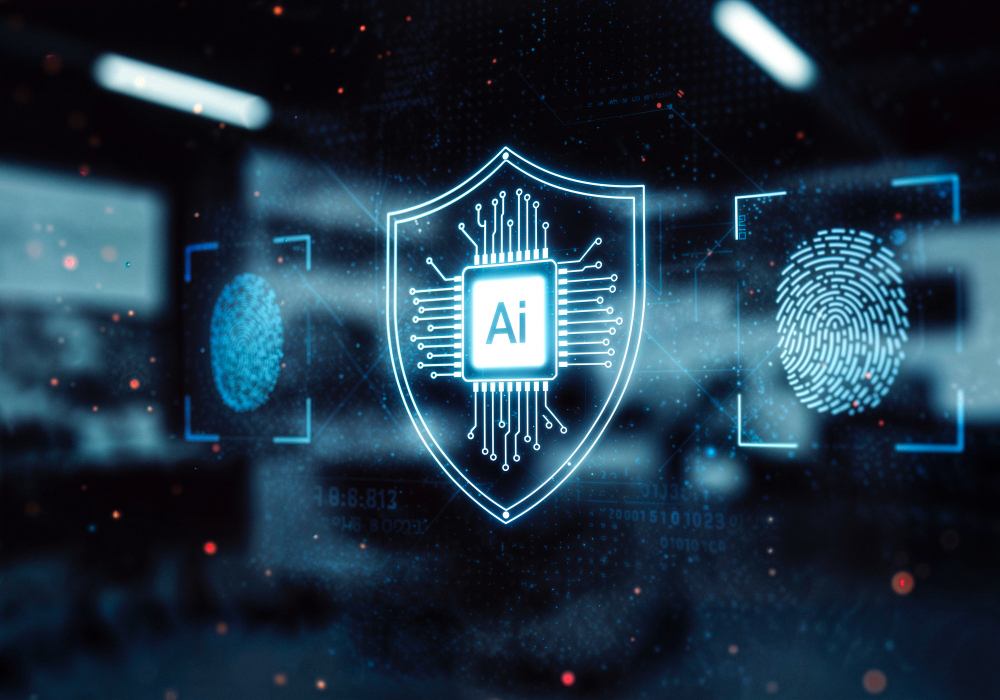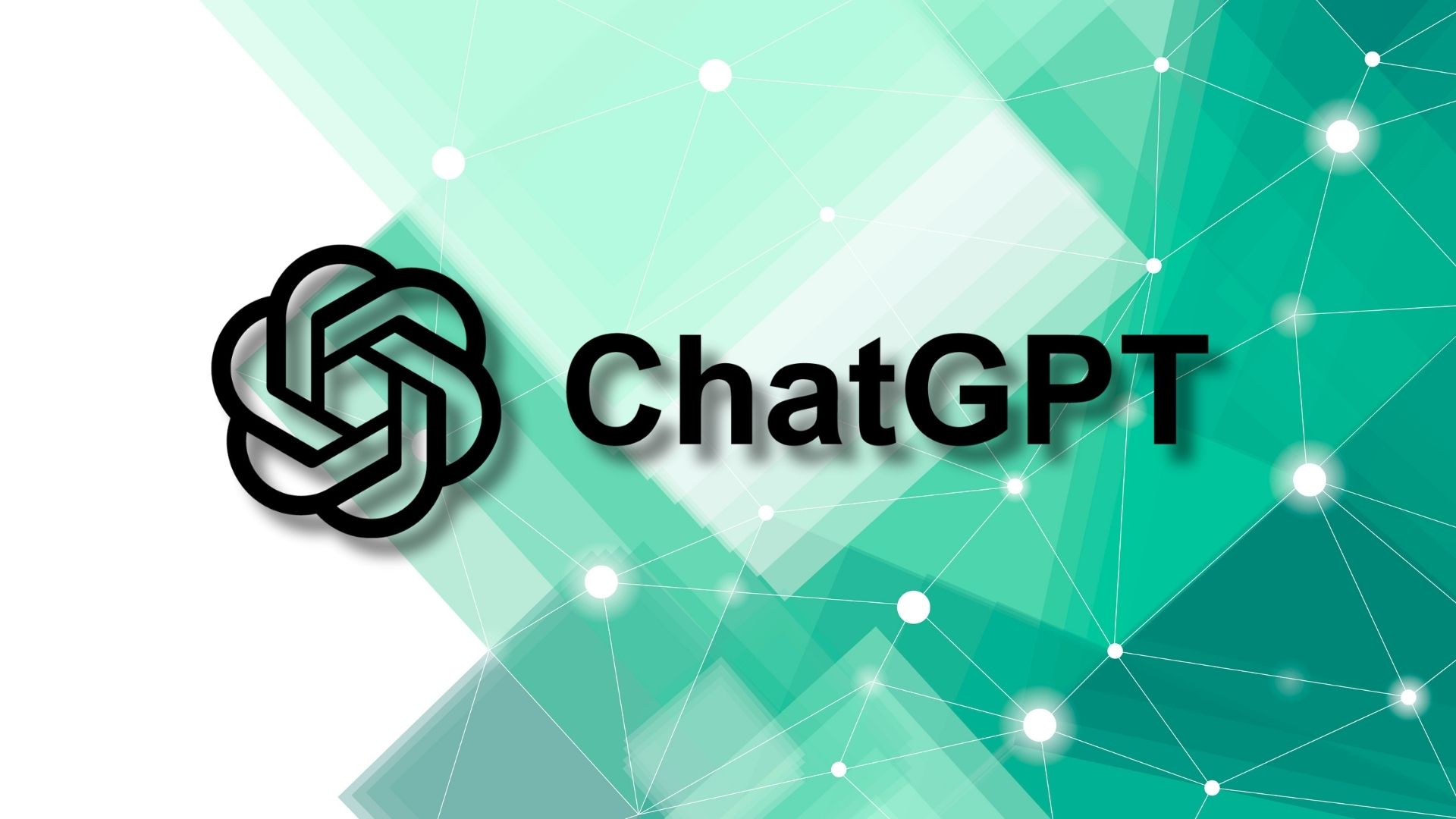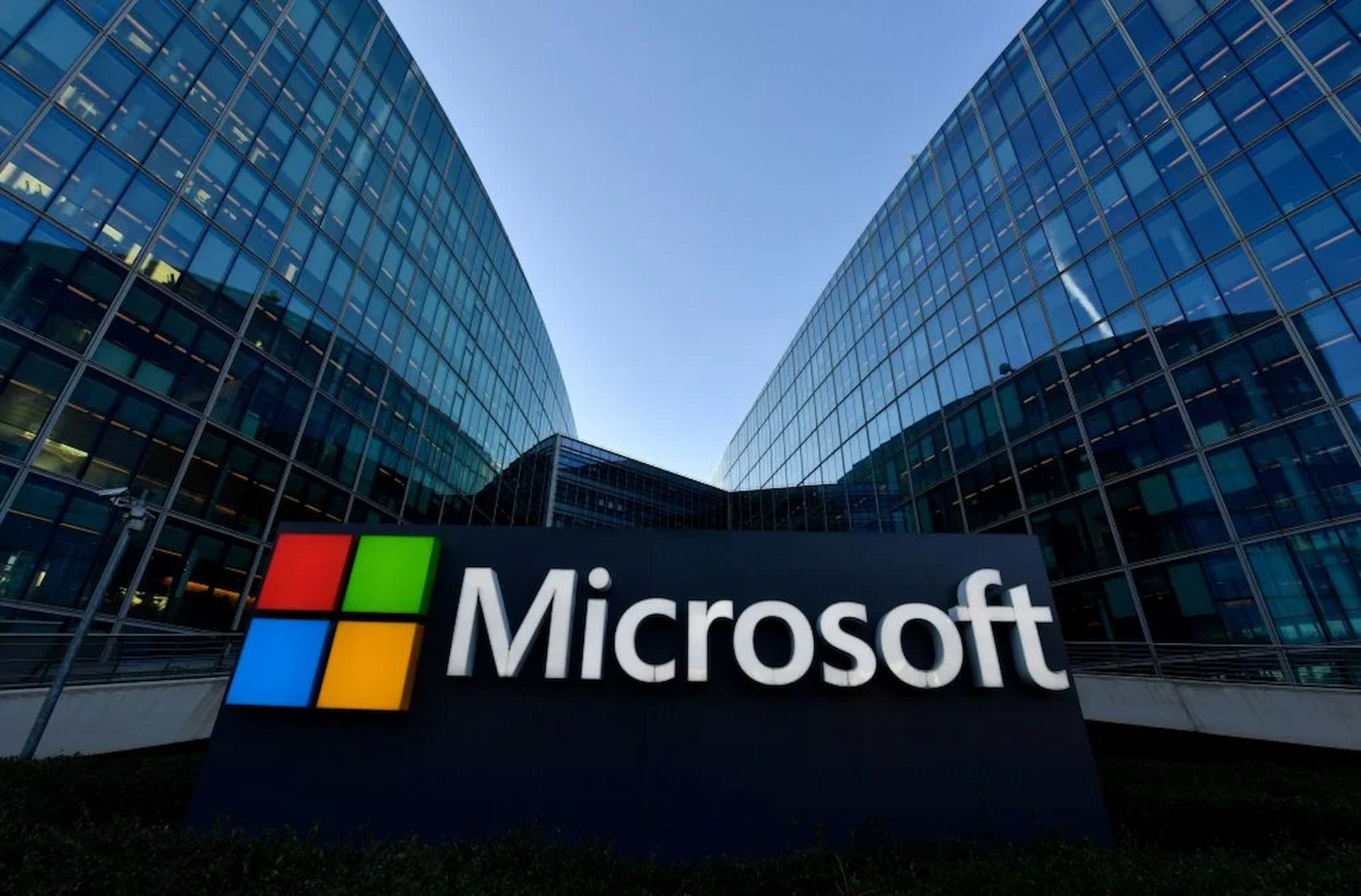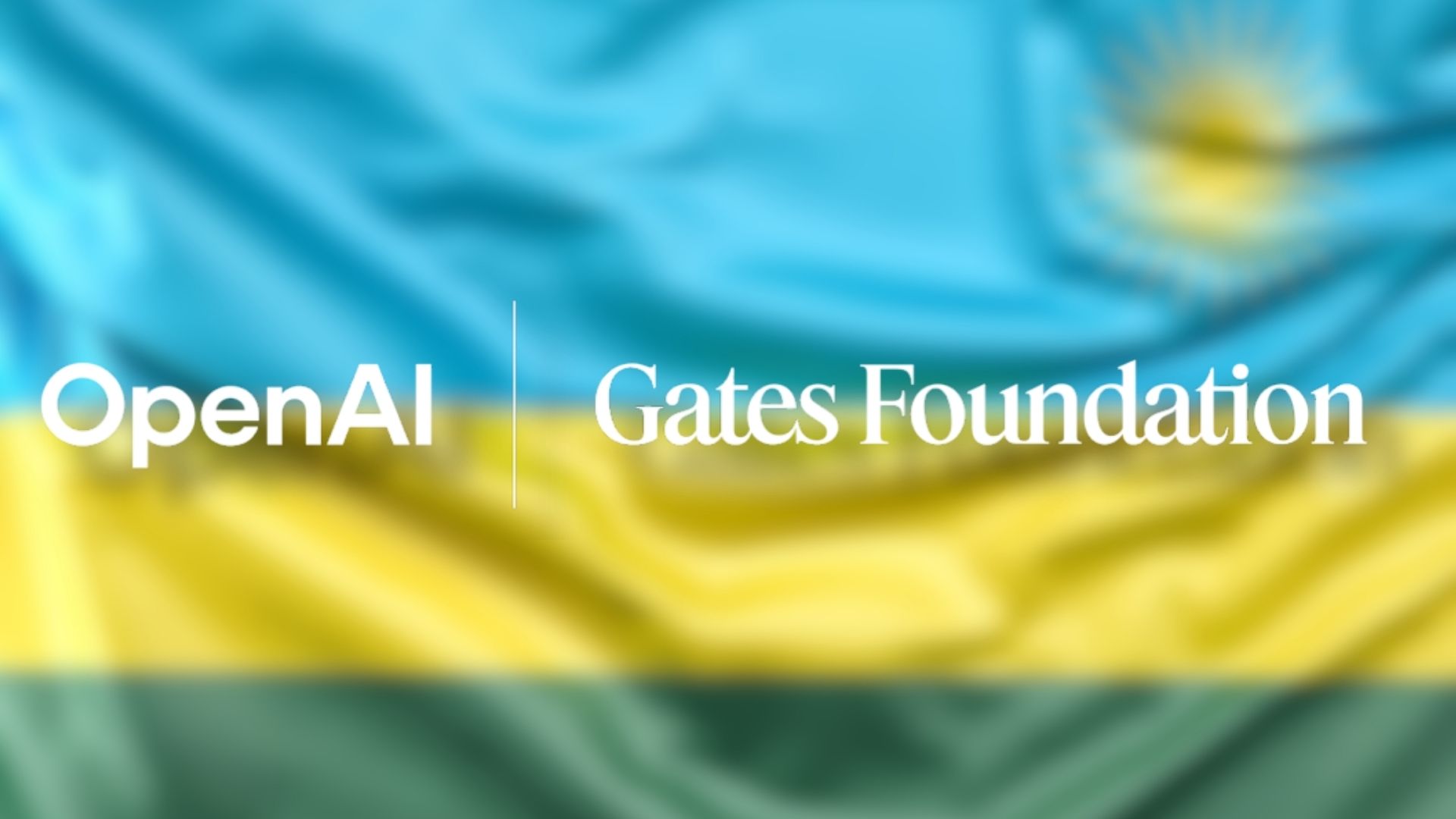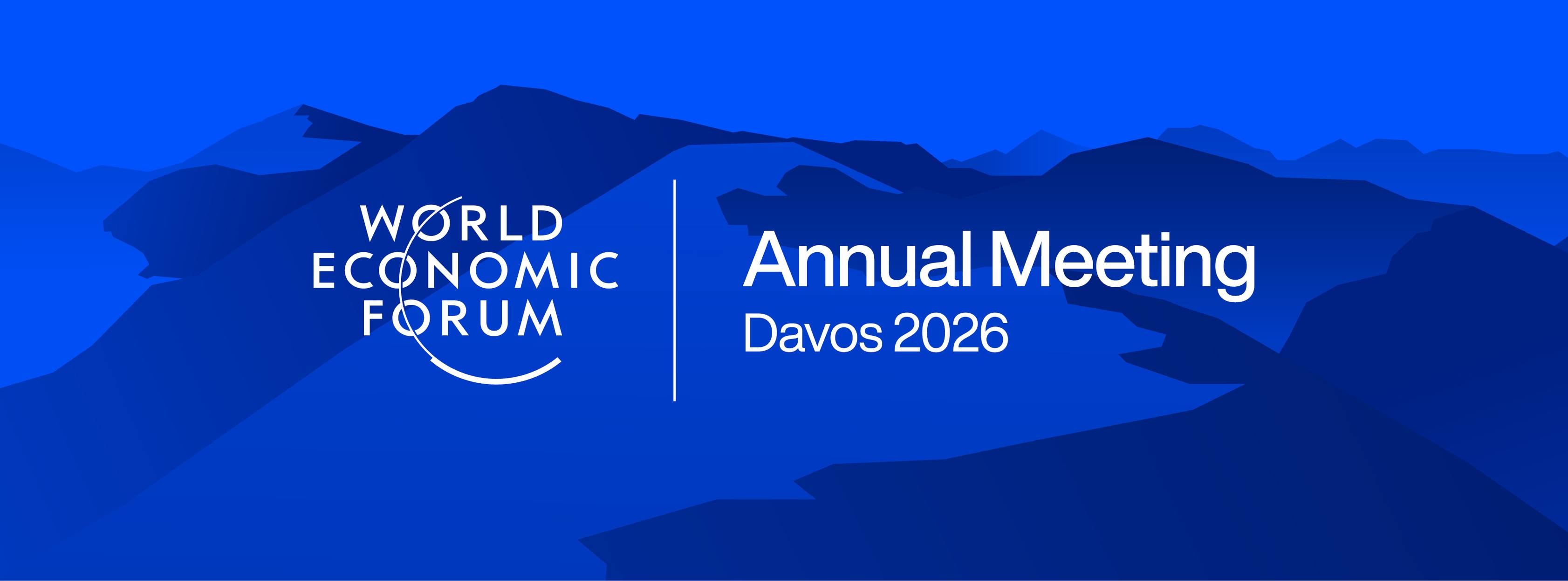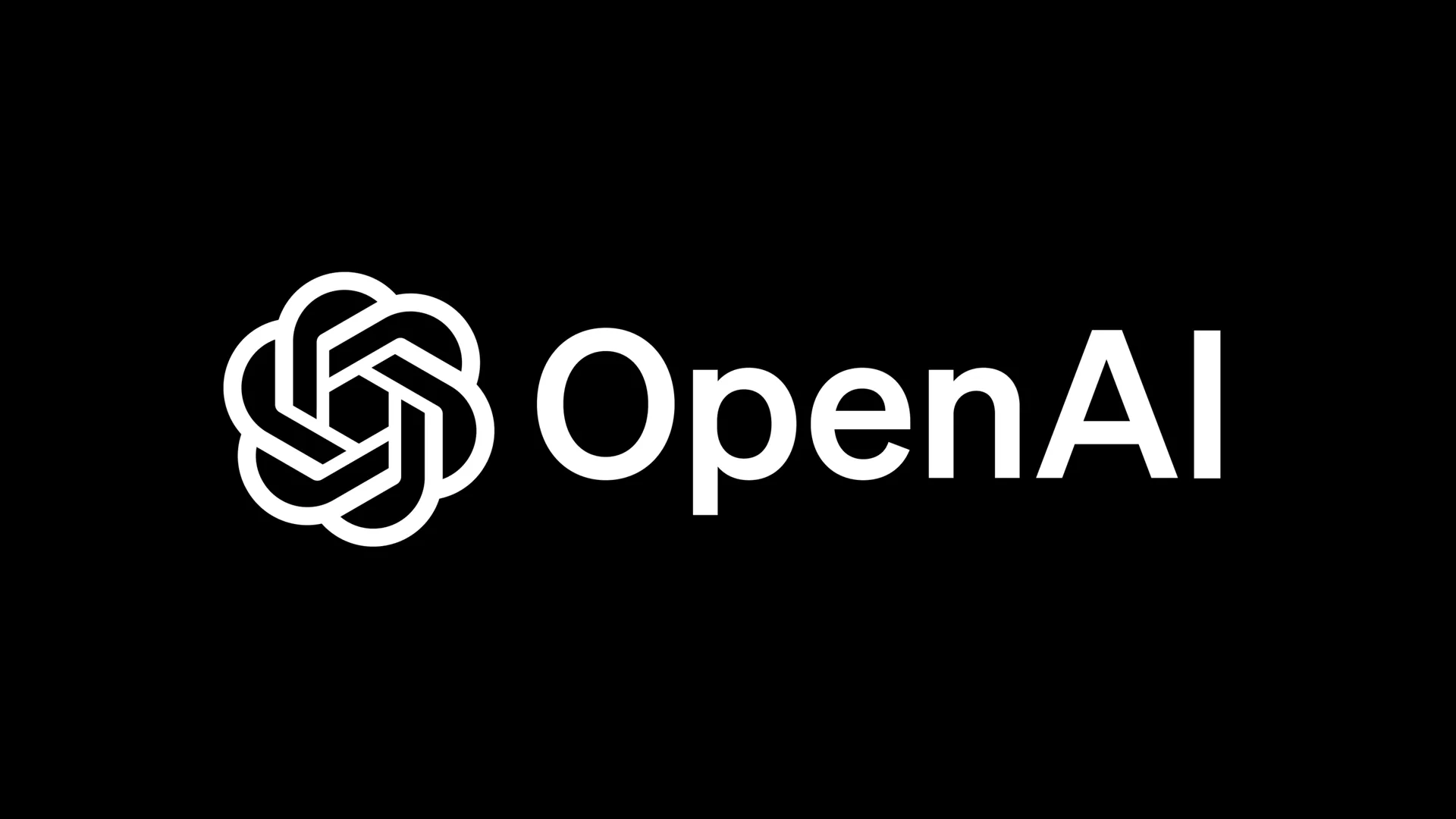South Korea will begin enforcing its Artificial Intelligence Act on Thursday, becoming the first country to introduce formal safety requirements for high-performance, or frontier, AI systems, reshaping the global regulatory landscape.
The law establishes a national AI governance framework, led by the Presidential Council on National Artificial Intelligence Strategy, and creates an AI Safety Institute to oversee safety and trust assessments.
Alongside regulatory measures, the government is rolling out broad support for research, data infrastructure, talent development, startups, and overseas expansion, signalling a growth-oriented policy stance.
To minimise early disruption, authorities will introduce a minimum one-year grace period centred on guidance, consultation, and education rather than enforcement.
Obligations cover three areas: high-impact AI in critical sectors, safety rules for frontier models, and transparency requirements for generative AI, including disclosure of realistic synthetic content.
Enforcement remains light-touch, prioritising corrective orders over penalties, with fines capped at 30 million won for persistent noncompliance. Officials said the framework aims to build public trust while supporting innovation, serving as a foundation for ongoing policy development.
Would you like to learn more about AI, tech and digital diplomacy? If so, ask our Diplo chatbot!

